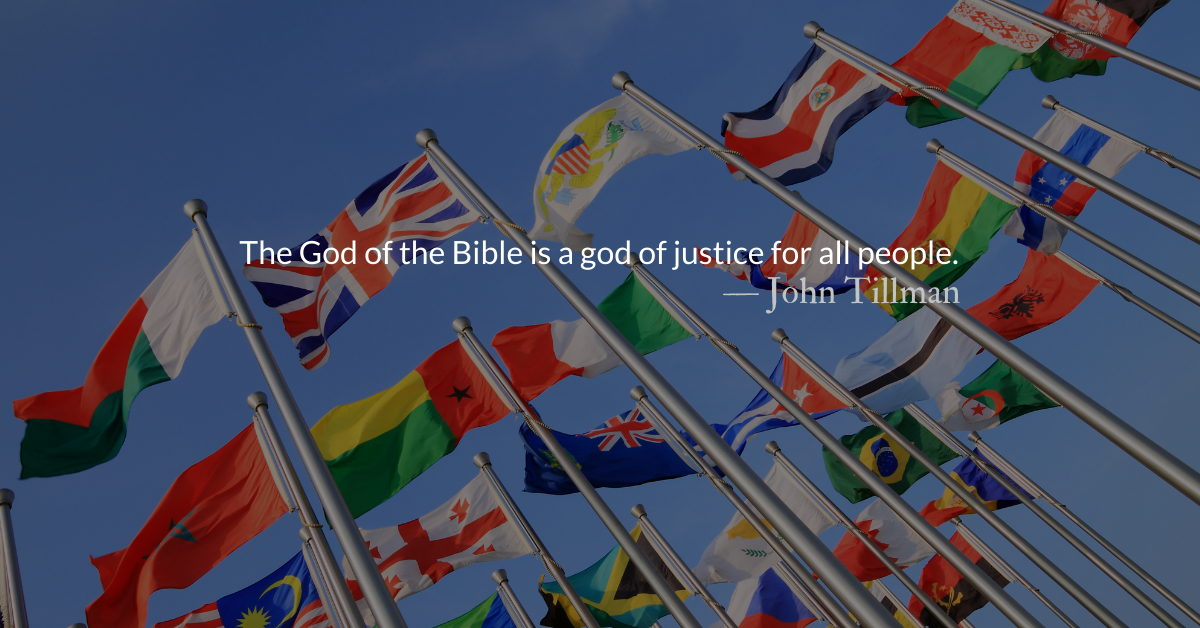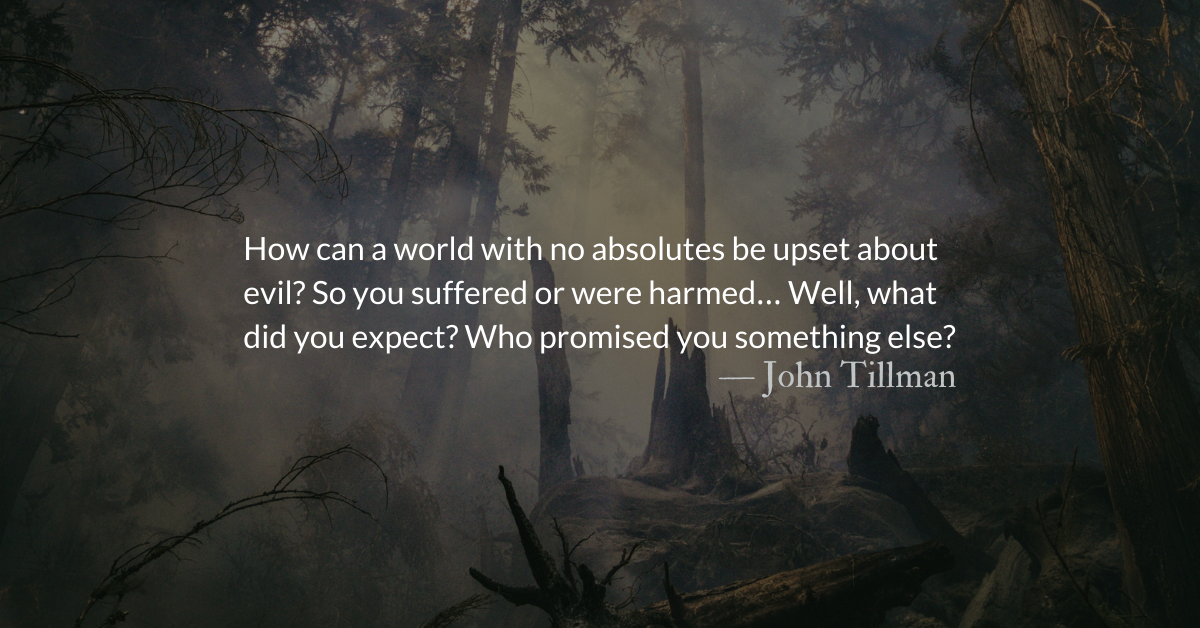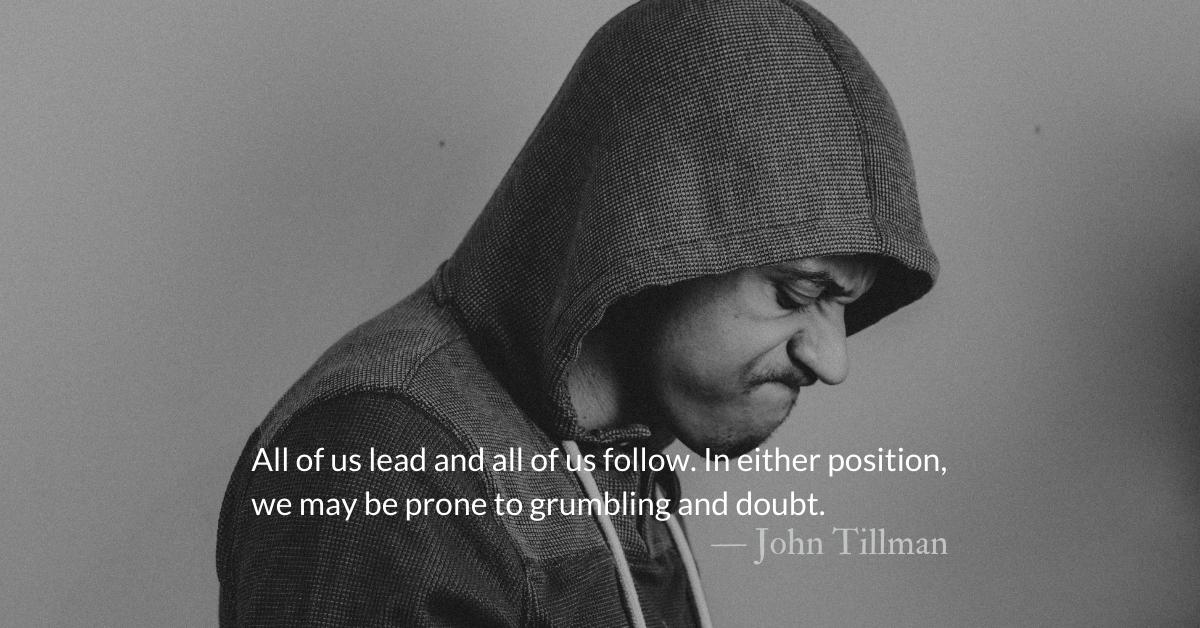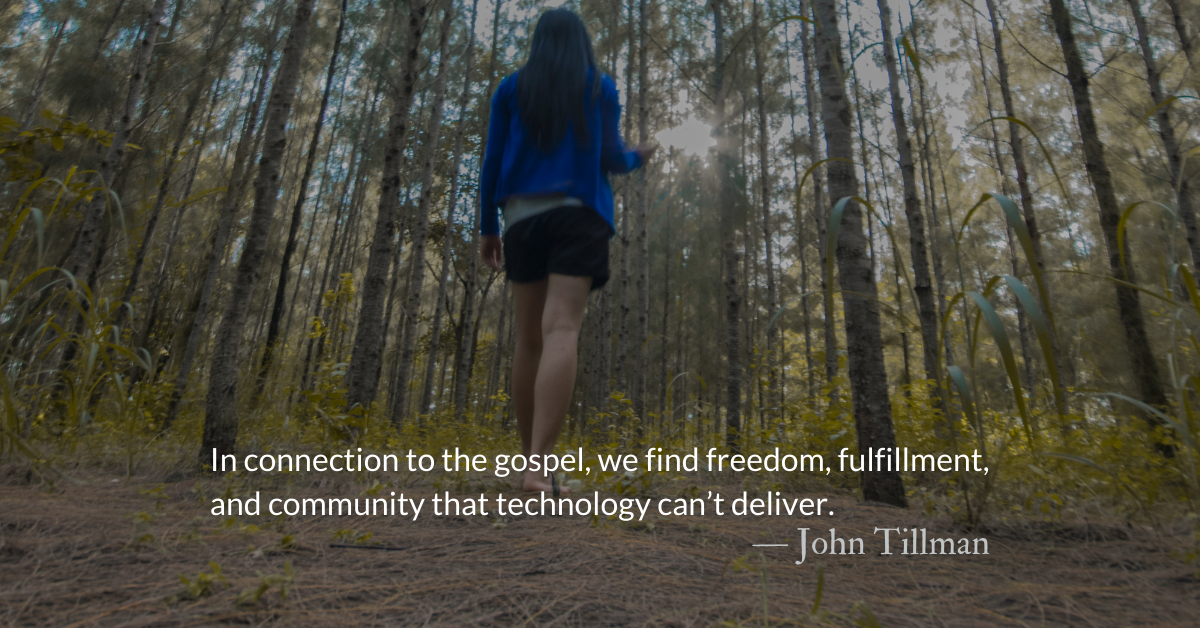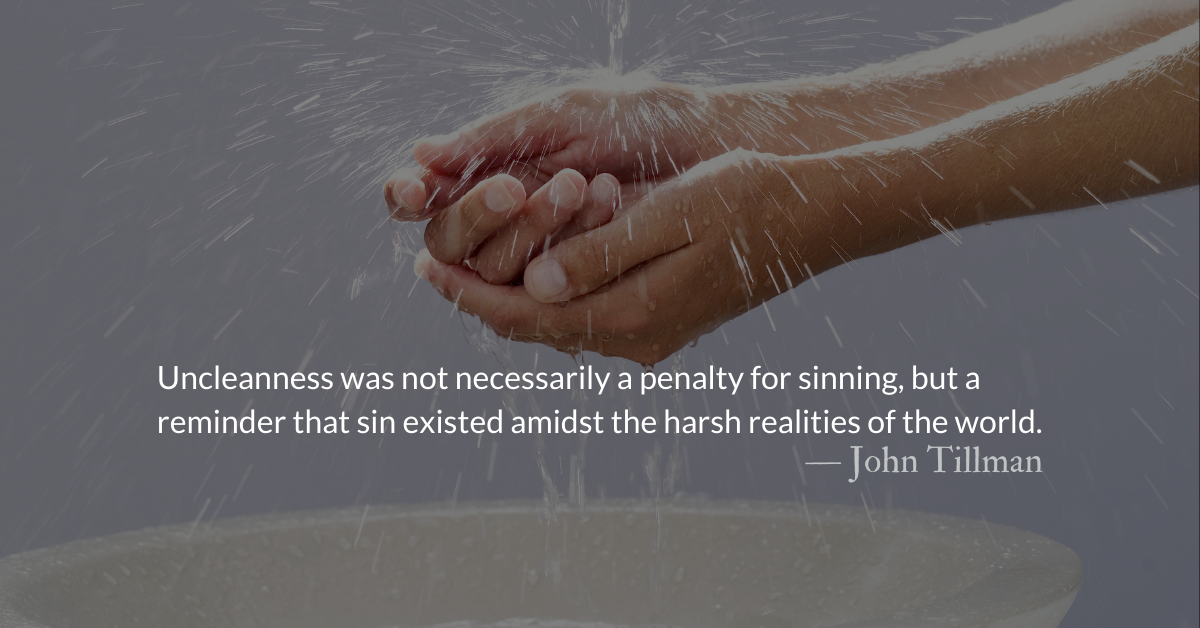Scripture Focus: Psalm 50.1-6
1 The Mighty One, God, the Lord,
speaks and summons the earth
from the rising of the sun to where it sets.
2 From Zion, perfect in beauty,
God shines forth.
3 Our God comes
and will not be silent;
a fire devours before him,
and around him a tempest rages.
4 He summons the heavens above,
and the earth, that he may judge his people:
5 “Gather to me this consecrated people,
who made a covenant with me by sacrifice.”
6 And the heavens proclaim his righteousness,
for he is a God of justice.,
From John: Today, The United States observes a National Day of Prayer. Whatever country you are in, as you pray today, be reminded that you are praying in a priestly capacity. Through the Holy Spirit, we are able to bring before God the sins and concerns of our nations.
*At the time this post was scheduled, our brethren in India are suffering greatly with a massive surge of Covid cases and deaths. May God grant them mercy and his church the power to aid the suffering.
Reflection: God of all Nations—Worldwide Prayer
By John Tillman
To serious students of scripture, it seems ludicrous that we must keep repeating that the God of the Bible is not American, not White, and not partial to any race.
But repeat it, we must.
Poway asks us to repeat it. Pittsburgh asks us to repeat it. Christchurch asks us to repeat it. Charleston asks us to repeat it. Charlottesville asks us to repeat it.
God is not the god of the white man and he does not show favoritism to any race, any class, any people, any blood, or any nation. The God of the Bible is a god of justice for all people who calls to himself people from every nation and race.
No country ever opposed racism or slavery without the explicit influence of Christianity. May the church in every nation work to prevent racism in our countries, but most especially may we eliminate it from our churches.
We pray for all nations this week using words from brothers and sisters in Christ from India.
Prayer for my nation from India
Eternal God,
Thank you for my country. By your Holy Spirit help national leadership in my country to see and experience your great light. Please show my people the wonders of your divine grace that many may come from darkness into the light of Christ.
Lord, grant me the grace to be an instrument in your great design for my people. May my personal life so reflect the beauty of Jesus that people will see the difference that true faith can make.
You, O God, are the only God; Creator; Master; Savior. By your grace, I cry out to you for peace and for the salvation of my people. I offer this prayer in the matchless Name that is far above all other names.
*Prayer from Hallowed be Your Name: A collection of prayers from around the world, Dr. Tony Cupit, Editor.
Divine Hours Prayer: The Call to Prayer
Sing to God, O kingdoms of the earth; sing praises to the Lord.
He rides in the heavens, the ancient heavens; he sends forth his voice, his mighty voice.
Ascribe power to God; his majesty is over Israel; his strength is in the skies. — Psalm 68.33-35
– Divine Hours prayers from The Divine Hours: Prayers for Springtime by Phyllis Tickle
Today’s Readings
Numbers 14 (Listen – 6:15)
Psalm 50 (Listen – 2:26)
Read more about Racism Wears a Mask
The church was the first entity in history to directly attack racism and the Holy Spirit is the only way its burden can truly be put down.
Read more about Peter’s Unfinished Work
Ending racism was a Christian idea from the beginning…

